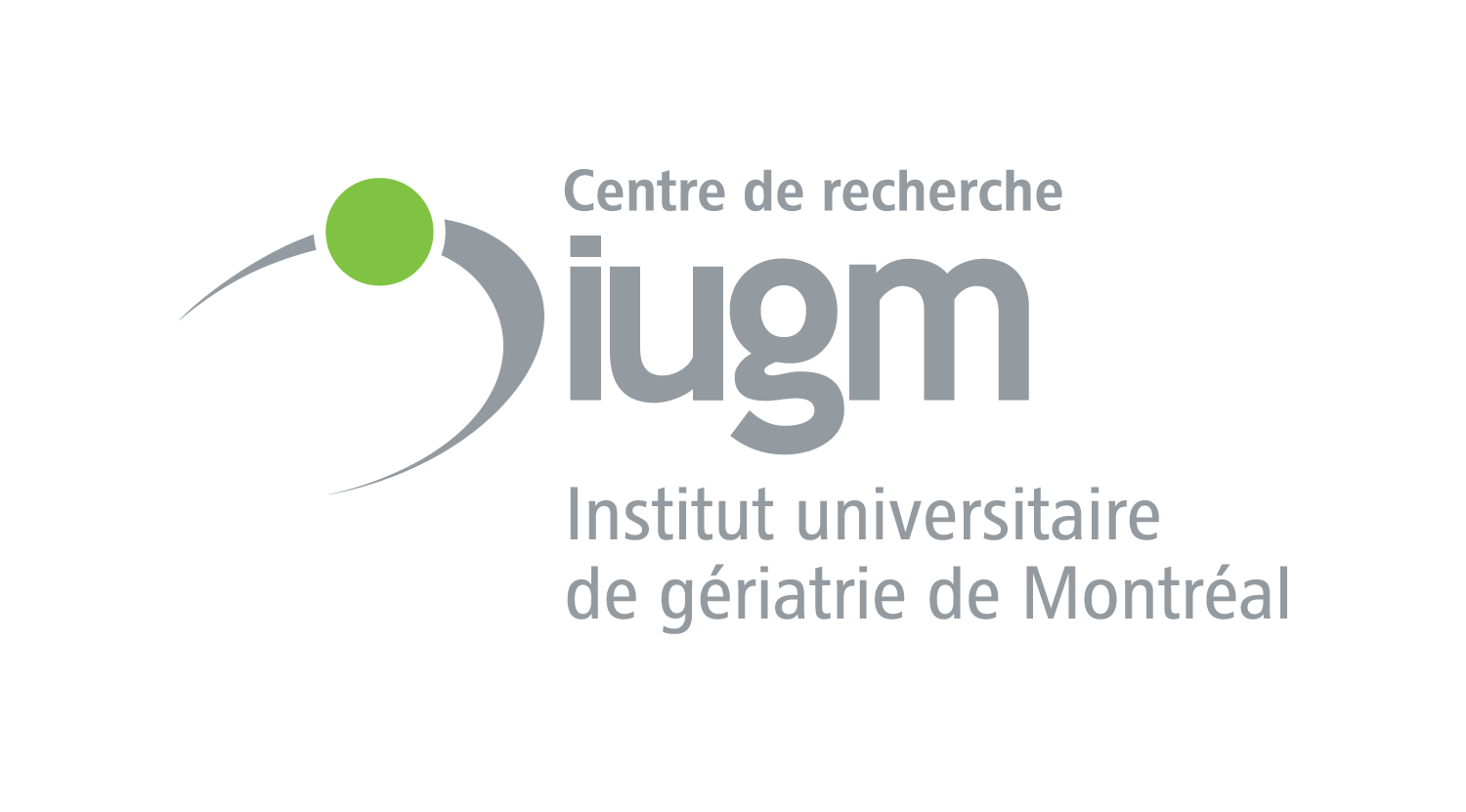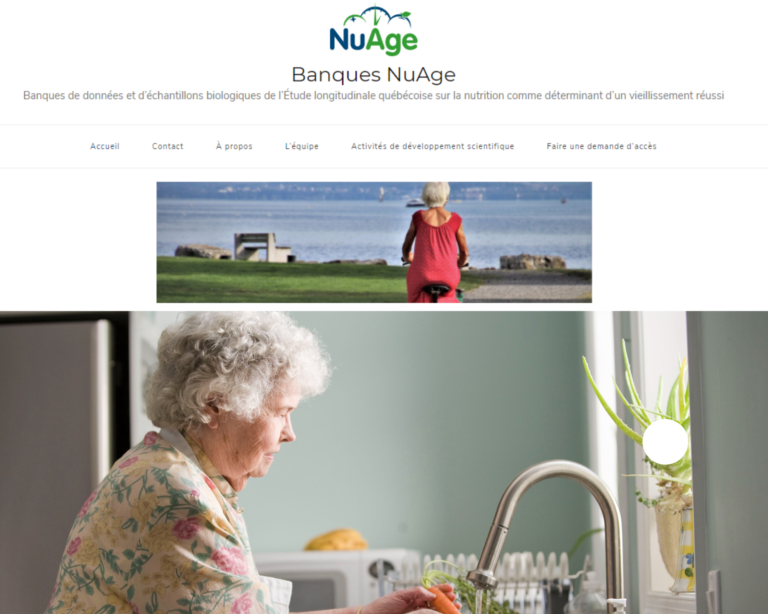An international collaborative platform for studies focused on the determinants of aging trajectories
The development of and access to existing cohort data are essential to catalyze epidemiological studies aimed at better understanding health determinants and improving preventive approaches for the population.
With this in mind, the research banks of the Quebec Longitudinal Study on Nutrition and Successful Aging (NuAge Banks) unveil their brand new website, officially launched on March 8. It allows researchers to discover the wealth of data and biological samples of the NuAge cohort and to more easily learn about the procedures and eligibility criteria applicable to requests for access to data and the biobank.
The NuAge Banks, an asset for research on aging
The NuAge database is hosted by the CIUSSS de l’Estrie-CHUS Research Centre on Aging (CdRV) and administered by teacher Nancy Presse of the Université de Sherbrooke (Quebec, Canada). It contains clinical, physical and social data. The NuAge biobank is hosted by the CHUM Research Centre and administered by teacher Pierrette Gaudreau of the Université de Montréal (Quebec, Canada). It contains various blood samples (serum, plasma, peripheral blood mononuclear cells), saliva and urine. These data and samples were collected from 1753 seniors aged 67 to 84 years who participated in the NuAge cohort study from 2003 to 2008.
“The mission of the NuAge research banks is to maintain, enrich and promote a platform that allows the sharing of these data and samples with the research community on aging,” explains Nancy Presse, professor-researcher at the CdRV and at the Faculty of Medicine and Health Sciences of the Université de Sherbrooke.
NuAge is currently the largest cohort of elderly people in Quebec (Canada). The quality of the data and samples offered makes it a rich research bank recognized at the national and international levels.
The NuAge Banks are financially supported by the Fonds de recherche du Québec (FRQ), the Quebec Network for Research on Aging (a thematic network funded by the FRQ – Health) and the Merck-Frosst Chair of the Université de Sherbrooke Foundation.

